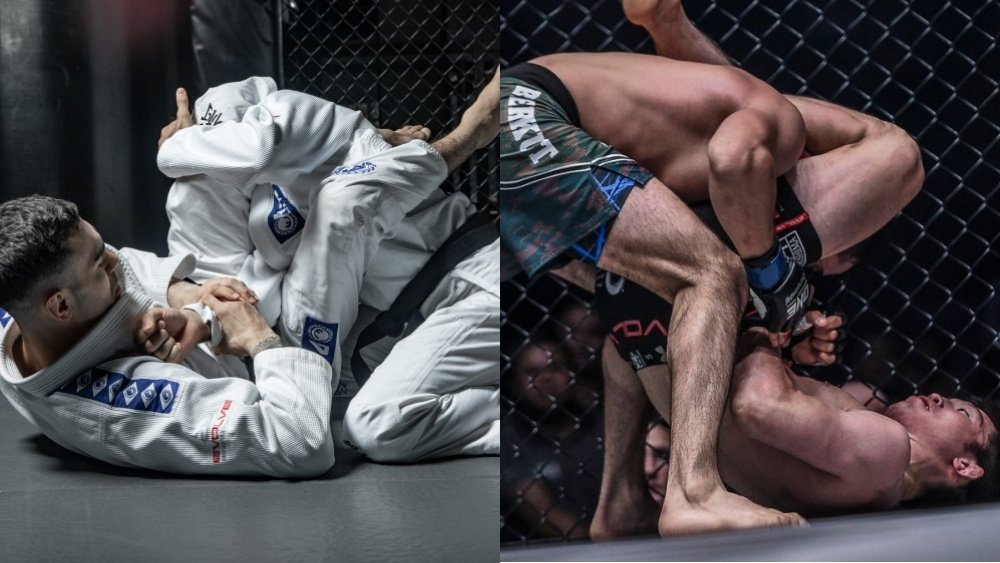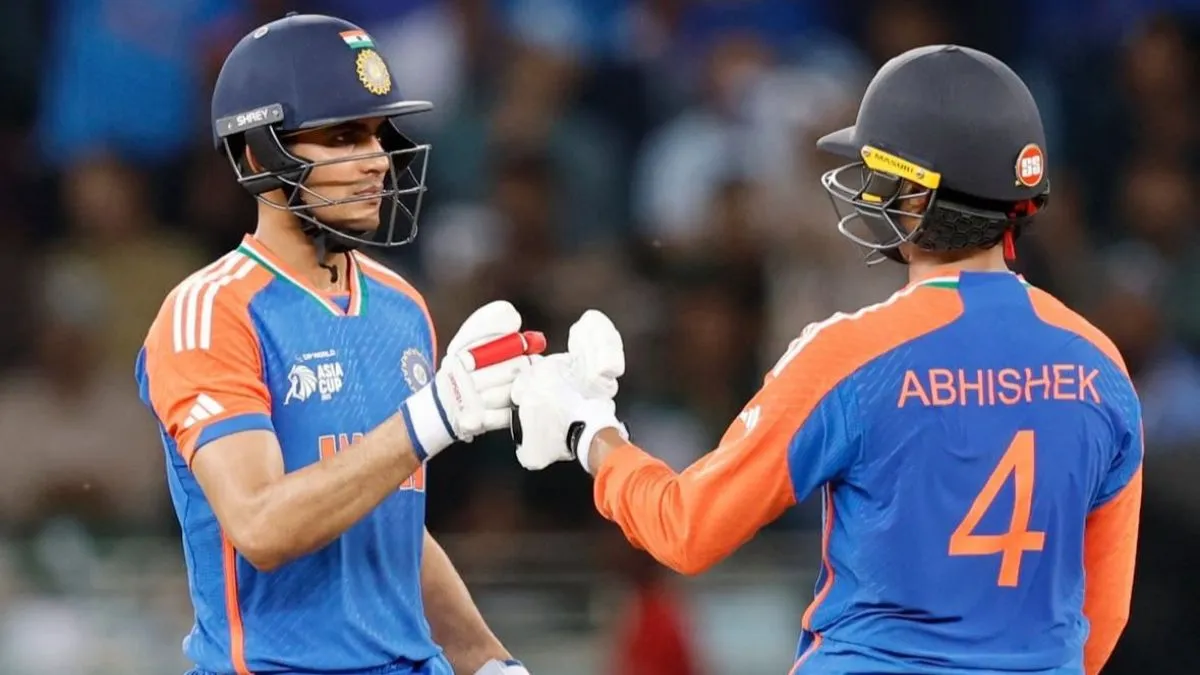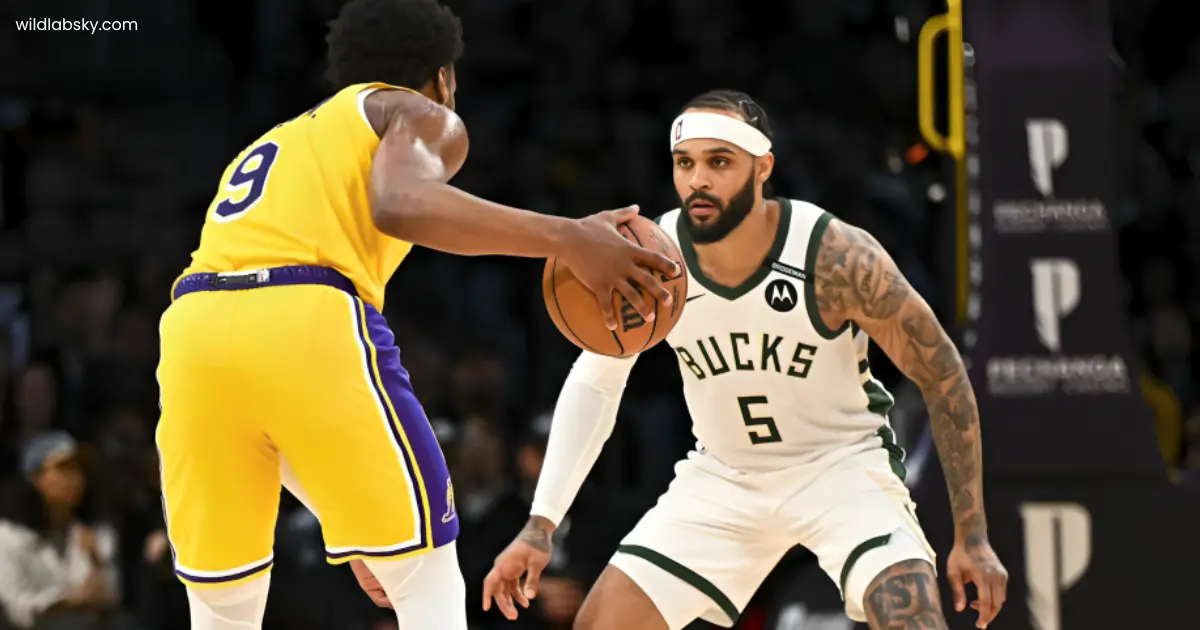Combat sports have always commanded significant attention, evolving from ancient traditions to modern entertainment spectacles. In recent years, two disciplines—Mixed Martial Arts (MMA) and Brazilian Jiu-Jitsu (BJJ)—have stood out for their influence and visibility. Both share overlapping techniques, philosophies, and fan bases, yet they occupy different spaces in global sports culture. Understanding which one is currently winning fans requires examining multiple factors, including media exposure, professional events, grassroots participation, and economic influence.
The Global Reach of MMA
MMA has grown into one of the most prominent combat sports worldwide, largely due to the influence of organizations such as the Ultimate Fighting Championship (UFC). Its appeal lies in the combination of striking, grappling, and submission techniques, making it a multidimensional spectacle for fans. With major events broadcast across continents and fighters achieving celebrity status, MMA has established itself as both a sport and a commercial product, designed for mass consumption.
The Role of Betting in Popularity
Alongside media coverage, betting markets have influenced how fans engage with combat sports. Platforms associated with Oregon online sports betting, for example, illustrate how regional betting frameworks allow fans to connect financially with events. While betting does not define the sports themselves, it adds another layer of engagement, often amplifying public interest in high-profile fights. It is crucial, however, to highlight the role of responsible gambling initiatives, which remind participants that betting should remain measured, informed, and never based solely on emotion.
Jiu-Jitsu: Tradition Meets Modern Sport
Brazilian Jiu-Jitsu, by contrast, has a different trajectory. While not as commercially mainstream as MMA, it has carved out a global niche as both a martial art and a competitive sport. Practiced in academies worldwide, Jiu-Jitsu emphasizes technique, leverage, and control, appealing to practitioners who value strategy over brute force. International competitions such as the IBJJF World Championship and Abu Dhabi Combat Club (ADCC) Submission Fighting highlight its influence. Although it does not generate the same television viewership as MMA, it commands loyalty within its community.
Comparing Media Exposure
One of the key differences between MMA and Jiu-Jitsu is media representation. MMA is packaged as a global entertainment brand, supported by pay-per-view events, high-profile sponsorships, and mainstream coverage. Jiu-Jitsu, on the other hand, thrives on streaming platforms, niche sports networks, and grassroots promotion. The disparity in media exposure explains why MMA commands a broader casual fan base, while Jiu-Jitsu appeals primarily to dedicated practitioners and enthusiasts.
Fan Engagement: Spectacle vs. Participation
Fan interest is shaped not only by what is seen on television but also by participation. MMA’s visibility has encouraged many to take up training in mixed martial arts gyms, but Jiu-Jitsu has perhaps an even stronger reputation for grassroots involvement. The accessibility of academies and the emphasis on practical self-defense draw in individuals who may never compete professionally but still embrace the lifestyle. This creates a different dynamic: MMA excels at drawing passive spectators, while Jiu-Jitsu thrives in active participation.
Cultural Impact and Identity
MMA and Jiu-Jitsu also differ in cultural positioning. MMA reflects a hybrid combat philosophy, designed for performance and entertainment. Jiu-Jitsu, however, retains deep cultural ties to Brazilian martial traditions, positioning itself as an art form with a philosophical underpinning. This distinction influences fan loyalty: while MMA fans may follow particular fighters, Jiu-Jitsu fans often identify with schools, lineages, or philosophies passed down through instructors.
Economic Dimensions
The economics of both sports illustrate further contrasts. MMA generates revenue through broadcasting rights, merchandise, ticket sales, and endorsements. Top fighters can earn millions, contributing to the sport’s star-driven popularity. Jiu-Jitsu, while smaller in scale, maintains economic relevance through training academies, seminars, and competitions. Though its athletes rarely reach the financial heights of MMA fighters, the academy model provides stability and long-term growth within local communities.
The Influence of Betting Markets
MMA benefits directly from betting activity, with odds, fight predictions, and fantasy leagues driving conversation. Betting creates narratives beyond the fights themselves, shaping fan anticipation and post-fight analysis. Jiu-Jitsu, with fewer professional betting markets, does not occupy the same space. This difference reflects broader trends in how sports engagement is monetized. Yet, it also emphasizes the importance of remembering that betting should complement, not dominate, the viewing experience—an idea underscored by responsible gambling organizations.
Training and Skill Development
Both sports are interconnected in skill development. Many MMA fighters train in Jiu-Jitsu as part of their grappling foundation, while Jiu-Jitsu practitioners often cross-train in striking arts to broaden their skill set. This symbiosis creates overlap in fan interest: MMA events frequently highlight the effectiveness of Jiu-Jitsu techniques, while Jiu-Jitsu academies benefit from increased interest due to MMA’s visibility.
Future Trajectories
Looking ahead, MMA is likely to continue its dominance in mass appeal, fueled by broadcast deals and international expansion. Jiu-Jitsu, however, will remain strong at the grassroots level, maintaining steady growth through academies and international tournaments. The question of “which is winning fans” depends on perspective: MMA clearly leads in commercial popularity, but Jiu-Jitsu sustains a deeply loyal and globally engaged community.
Conclusion
The comparison between MMA and Jiu-Jitsu illustrates not a rivalry but a complementary relationship. MMA dominates mainstream attention, while Jiu-Jitsu retains authenticity and strong community ties. Both continue to grow, albeit in different directions. For fans, the distinction lies in whether they seek spectacle and entertainment or technical mastery and personal participation. Betting, media, and cultural values will continue shaping these trajectories, but ultimately both sports reflect the evolving nature of combat culture in the 21st century.



